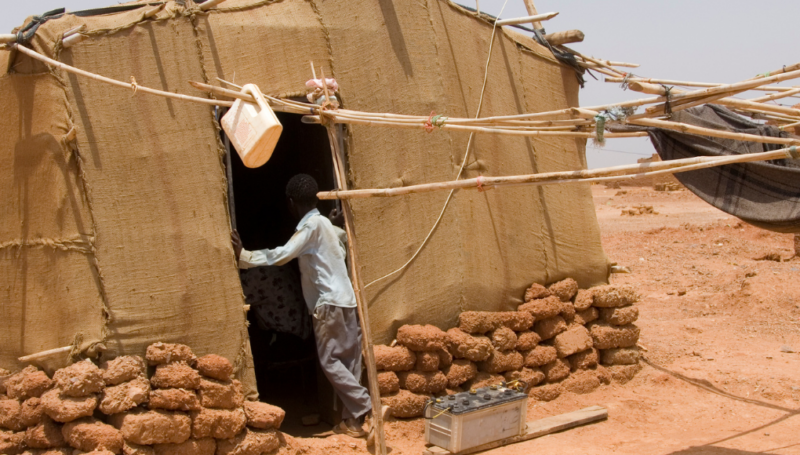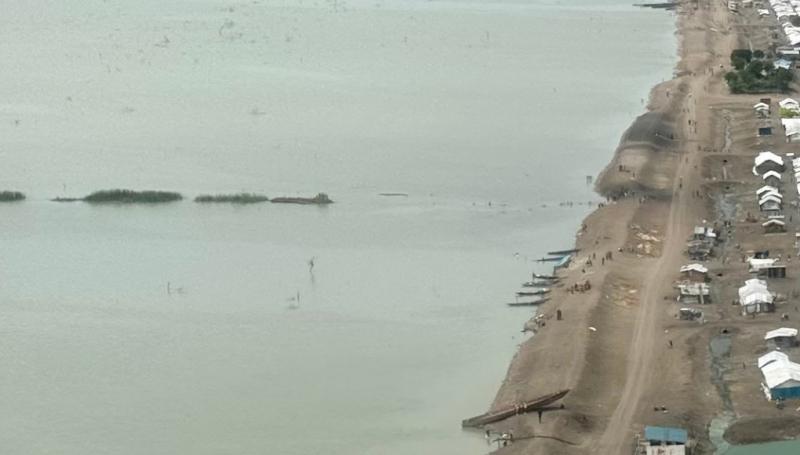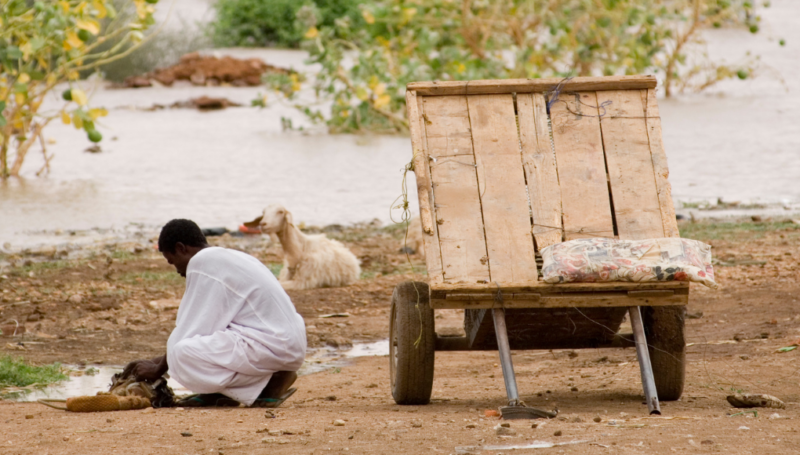![]()
Geneva, Switzerland, 5 September 2023 – Highly vulnerable returnees to South Sudan, fleeing the conflict in Sudan, are facing dire conditions in both transit areas near the border as well as in local host communities. Critical rates of acute malnutrition and measles outbreaks in transit locations, in addition to emergency levels of acute food insecurity in areas of return, signal a rising risk of preventable loss of life. As conditions worsen, additional funding is needed to ensure lifesaving aid can be sustained and to close alarming funding gaps that response actors currently face.
To support humanitarian actors responding to the displacement crisis in South Sudan, REACH conducted two qualitative rapid assessments in August in Malakal and Rubkona counties, speaking with returnees, host communities, local government representatives, community leaders, and humanitarian service providers.
The findings are stark:
- High volumes of arrivals in transit locations have led to congestion and crowding amidst limited infrastructure, deteriorated sanitation conditions, and under-resourced health services – posing significant public health risks for an already vulnerable population.
- Returnees reported having observed instances of young children dying during riverine transport between Malakal and Rubkona in three separate focus group discussions.
- Humanitarian actors reported that the shortfall in funding will inevitably lead to a cessation of lifesaving activities, including humanitarian-facilitated transportation. The impacts will likely be disastrous, particularly in Renk, which receives the majority of new arrivals.
Guillaume Pocard, REACH South Sudan Country Coordinator, said: “With the ongoing rainy season, the need for appropriate shelter solutions, adequate sanitation facilities, and sustained onward transportation from transit areas is vital to mitigate further disease outbreaks and preventable loss of life.”
Augusto Come, IMPACT Regional Coordinator for Africa, said: “Considering the 1 billion USD appeal just launched by UNHCR, the current Sudan regional refugee response plan faces an 80% funding gap – despite repeated warnings from humanitarian responders on the ground about rising needs and loss of life, particularly among children. A scale up in funding is critical to ensure highly vulnerable people fleeing the conflict in Sudan receive the support and services they require.”
Read our just-published advocacy brief for more analysis of the situation, and follow our Sudan Crisis thread for further background and updates on the situation.
About REACH
Hosted by IMPACT Initiatives, REACH is a leading humanitarian initiative that collects primary data and produces in-depth analysis to help aid actors make evidence-based decisions in support of crisis-affected people. Our flagship research programmes aim to inform the prioritisation of aid according to levels of need – both crisis-level planning and targeted rapid response – as well as decisions around appropriate modalities of aid. Through our team of assessment, data, geospatial, and thematic specialists, we promote the design of people-centred research and set standards for collecting and analysing rigorous, high-quality data in complex environments.
Press enquiries: Roxana Mullafiroze, Communications & Advocacy Manager – [email protected]








